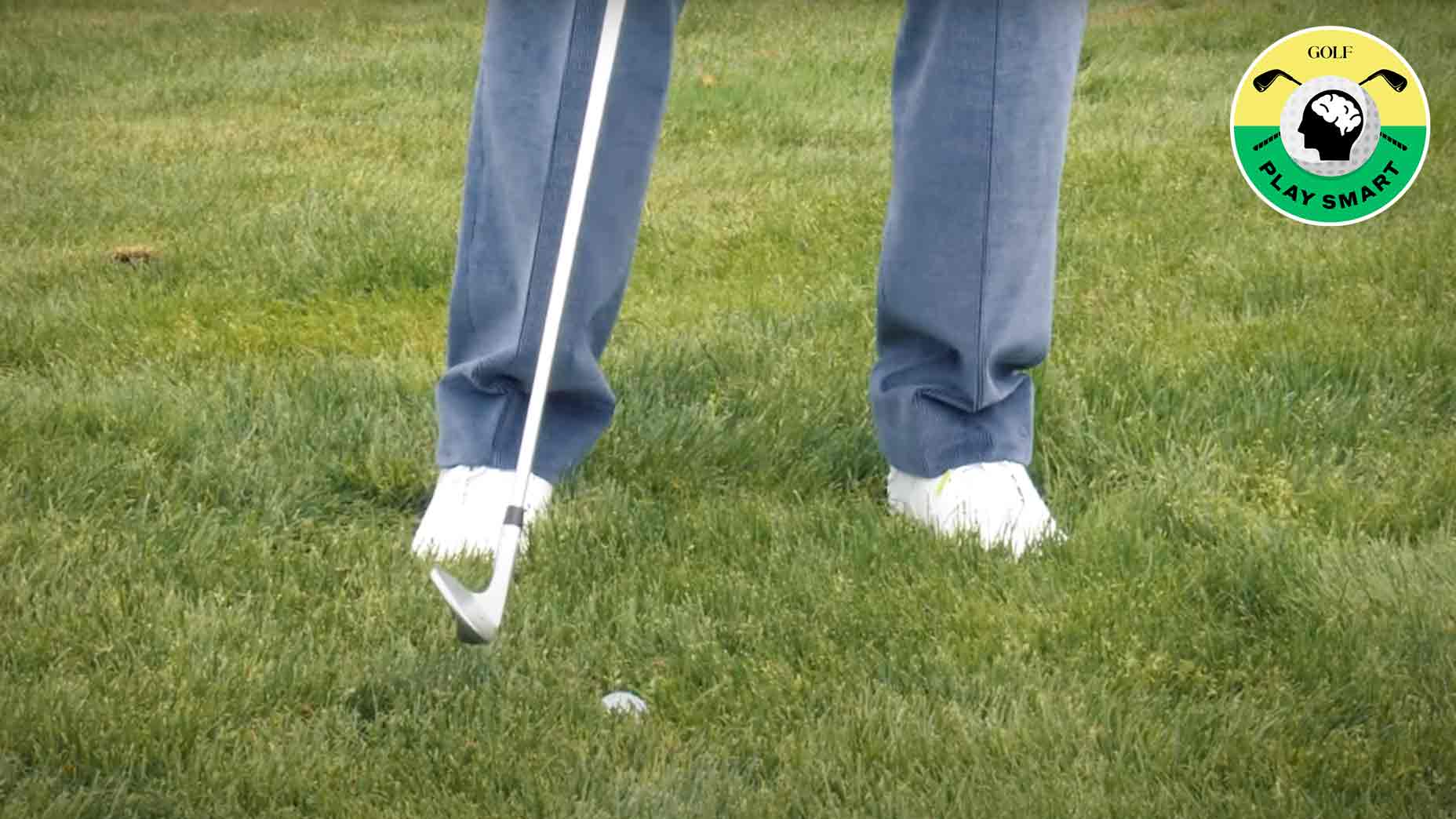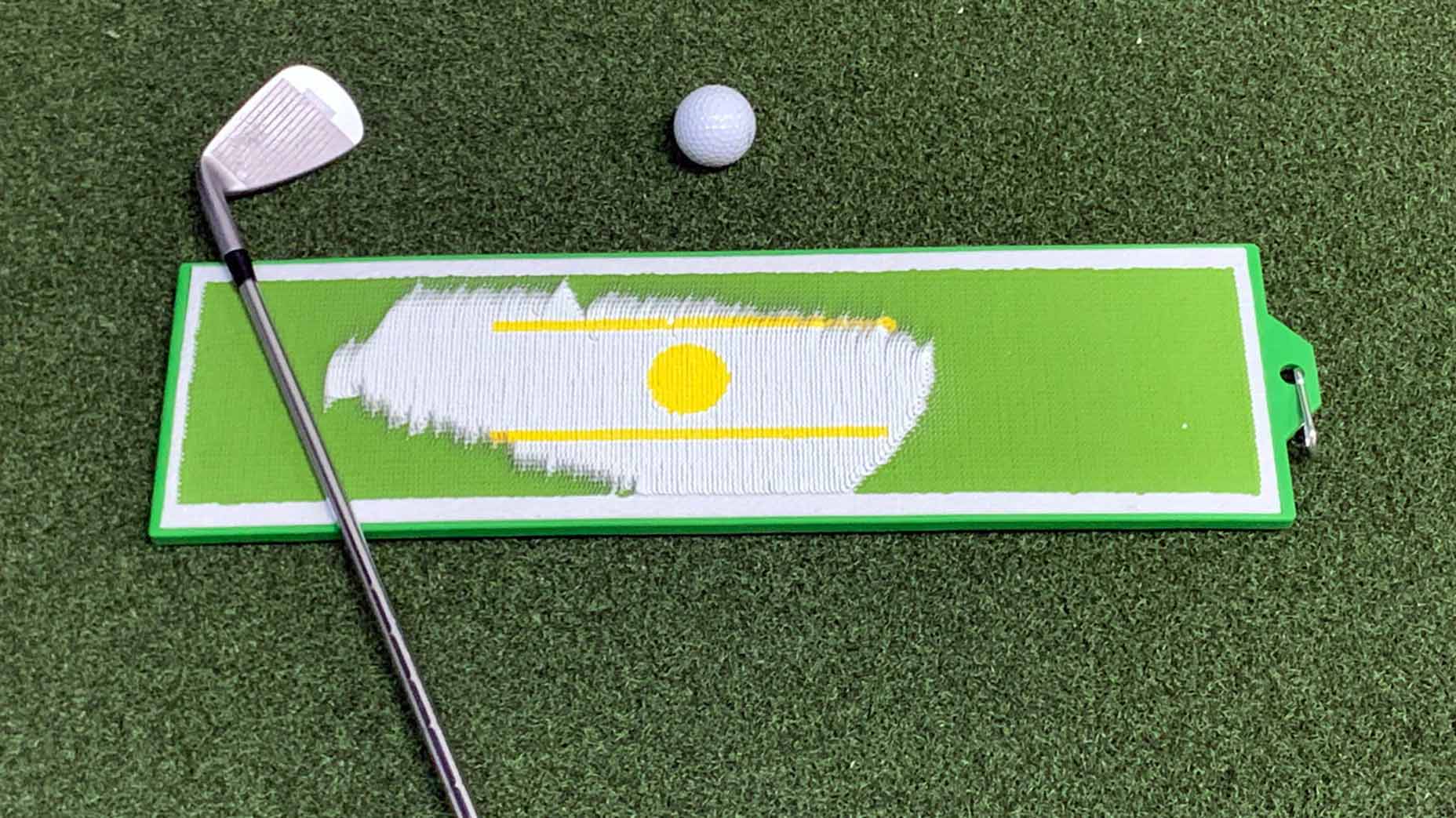
This week’s U.S. Open has some of the most unforgiving rough ever witnessed.
YouTube/PGAofAmerica
Welcome to Play Smart, a regular GOLF.com game-improvement column that will help you play smarter, better golf.
This week marks the 123rd U.S. Open championship, which is being held at the Los Angeles Country Club (LACC). While the major has had the reputation for being the most demanding of the major tournaments, this year’s seems to be just a little bit more difficult — at least by some of the videos circulating on social media.
Want to know just how thick the rough is going to be at LACC? Check out the video below.
Look at how the rough just engulfs those three golf balls, almost as if they’re each disappearing into an alternate universe in the underworld. With that type of thick cabbage, LACC surely will humanize some of the best golfers in the world — and make them really regret missing fairways or greens in regulation.
While most amateurs will never understand just how difficult rough at this year’s U.S. Open will be, there are still plenty of courses out there that offer challenging lies.
So in today’s Play Smart lesson, PGA Coach Mike Barge shares some of his best practices to follow when you’re hitting out of thick rough. So take some notes to avoid frustration during your next round.
How to hit out of thick rough
Since you don’t have to play in the U.S. Open to experience thick rough, it’s best to prepare yourself for whatever lies ahead in your next round. So whether you’re playing a muni course or a prestigious country club, use Barge’s tips below to escape thick rough like a pro.
Before hitting from the rough, you must first assess how your ball is sitting. As Barge mentions, this will go a long way in determining your approach to hitting the shot, because you want to “get the ball back into the fairway and not try to hit two balls in a row out of the rough.”
“The first ball is sitting up on a pretty decent cushion; I’ve got the grass growing with me,” Barge adds. “This is the type of lie where you might even be able to hit a high-lofted hybrid out of.”
While that’s the preferred lie, a more common one is seeing your ball buried into the grass. This is one that becomes much tougher to recover from.
That’s why Barge emphasizes focusing on your setup here. Make sure that you get the ball back in your stance and remember to deloft the club that you’re using.
“I’m going to have the ball back into my stance. I’m going to have the club somewhat delofted — meaning the handle is going to be forward. So we need to start with loft to begin with.”
In Barge’s example, he’s using a pitching wedge — but wants to deloft it enough to resemble an 8-iron. This will allow him to “chop down and try to reduce the amount of grass I’m getting between the clubhead and the golf ball.”
Finally, Barge reminds players of two things to remember prior to hitting the shot.
First, avoid trying to help the ball get up into the air. Second, consider tightening your grip pressure to make sure the club doesn’t twist on you.
By using these simple tips, you’ll be able to hit out of thick rough with ease, helping you recover from a bad situation.
All of our market picks are independently selected and curated by the editorial team.
If you buy a linked product,
GOLF.COM may earn a fee. Pricing may vary.
Divot Board
$139.99
This game-changing board reads your divots, providing real-time data on ball flight and helping you improve your technique. Experience the power of instant feedback and elevate your game with this portable and user-friendly device.











